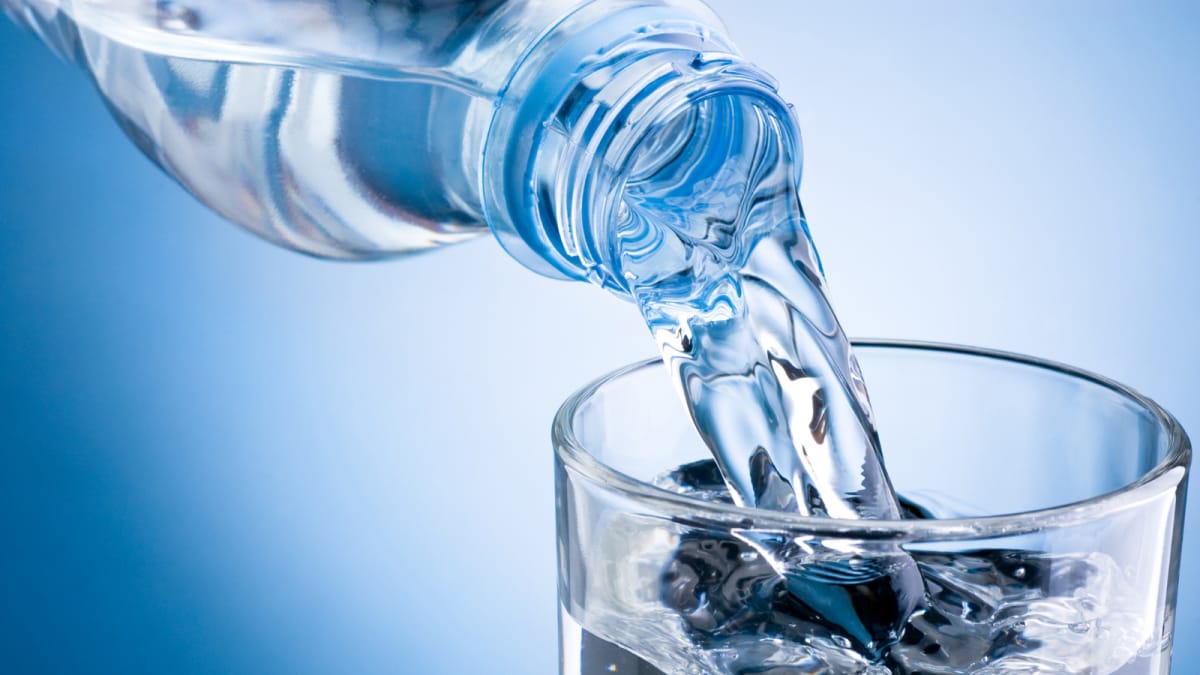Last Updated:
Opt for cool or room-temperature water instead of ice-cold. It still feels refreshing without shocking your system — keeping you hydrated, healthy, and heat-happy all summer long.
While hydration is absolutely essential in summer, the temperature of the water you drink can have subtle but noticeable effects on your body
When the summer sun is blazing and the heat is relentless, reaching for a glass of ice-cold water feels like second nature. It cools you down instantly and seems like the most refreshing choice — but did you know that gulping cold water in extreme heat might not always be the best idea?
While hydration is absolutely essential in summer, the temperature of the water you drink can have subtle but noticeable effects on your body. Here are some of the lesser-known side effects of drinking cold water in hot weather:
1. Slows Down Digestion
Cold water can constrict blood vessels and harden fats from the food you eat, which may slow down digestion. If you regularly drink icy water during or after meals, you might experience bloating, indigestion, or stomach cramps.
2. Causes Throat Irritation
Sudden exposure to cold, especially after being in the heat, can lead to a sore throat or even a mild cold. The drastic temperature change may irritate your throat lining or trigger sinus congestion in sensitive individuals.
3. Affects Heart Rate
Drinking very cold water can stimulate the vagus nerve, which is responsible for many involuntary bodily functions, including heart rate. For some, this can lead to a brief drop in heart rate — a sensation that might feel like chest tightness or dizziness.
4. Triggers Headaches or Brain Freeze
Ever sipped cold water too fast and felt that sharp, sudden headache? That’s a cold-stimulus headache, or “brain freeze,” where the rapid temperature change shocks nerves in the palate and sends pain signals to the brain.
5. Can Reduce Hydration Efficiency
Interestingly, room-temperature or slightly cool water may hydrate you more efficiently than icy water. Extremely cold water may cause your body to expend extra energy to bring it to body temperature, potentially slowing absorption.
So what should you do?
Opt for cool or room-temperature water instead of ice-cold. It still feels refreshing without shocking your system — keeping you hydrated, healthy, and heat-happy all summer long.

